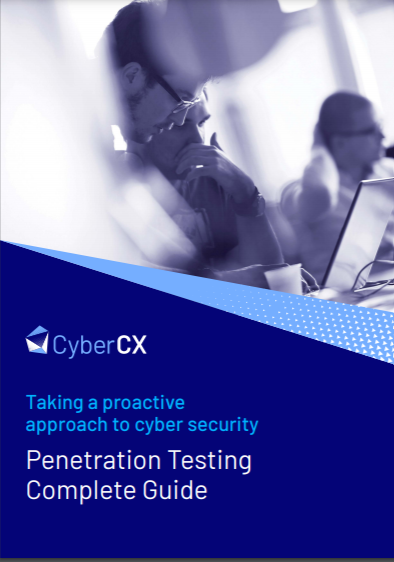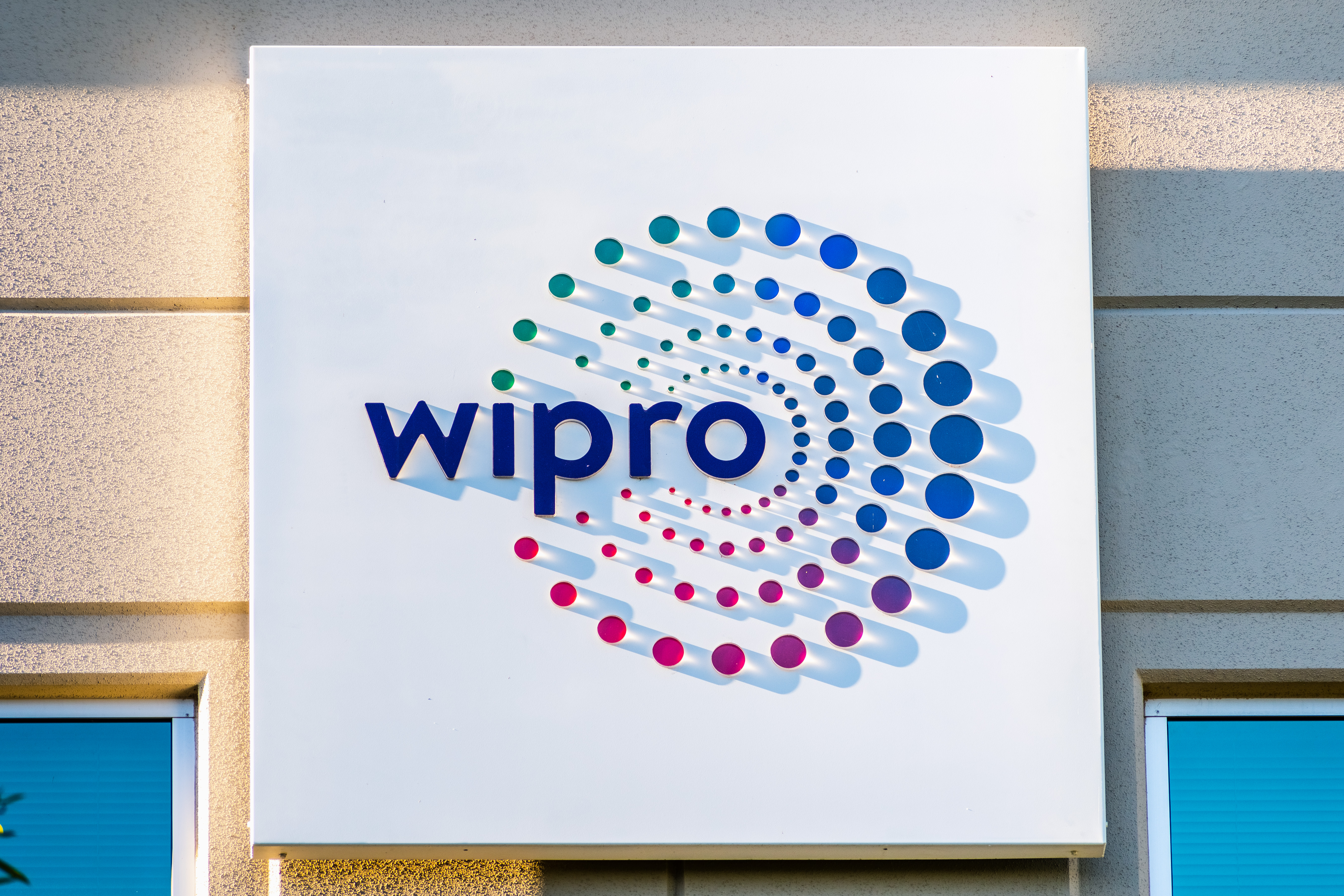Government launches 400 free qualifications to help with economic recovery
There are 31 digital qualifications on offer, including courses in cyber security and coding


The UK government has launched nearly 400 free qualifications as part of its Lifetime Skills Guarantee.
The qualifications, backed by £95 million in government funding, range from engineering and digital skills to social care, and are available to any adult who has not already achieved a qualification at Level 3 - equivalent to A-levels.
There are 31 digital qualifications on offer with a range of topics to choose from, including computer science, software deployment, systems infrastructure, cyber security practices, and coding practices.
Each category awards either a GCE A-Level, a GCE AS Level, an equivalent occupational qualification, or an “other general qualification”.
The Lifetime Skills Guarantee, announced by the PM in September 2020, is aiming to transform the skills system to allow people to “gain the skills they need to progress in work at any stage of their lives". It also aims to give employers access to a skilled workforce by training people for the skills gap that exists now and in the future.
Prime minister Boris Johnson said that the government’s focus, as lockdown slowly lifts, is on recovering from the pandemic and “building back better".
“The Lifetime Skills Guarantee is fundamental to that – with free courses giving adults the expertise they need to find new, better jobs,” he said. “My message is clear. At every stage of your life, we will help you get the skills you need to train, retrain, and get into jobs you want and our economy needs.”
Get the ITPro daily newsletter
Sign up today and you will receive a free copy of our Future Focus 2025 report - the leading guidance on AI, cybersecurity and other IT challenges as per 700+ senior executives
The government claims that adults who take the free courses will have the potential to boost career prospects, wages, and help fill skill gaps while supporting the economy.
It added that in order to allow more unemployed people to take full advantage of these courses, “the government will pilot an extension to the length of time they can receive Universal Credit while undertaking work-focused study".
Those that are unemployed will be able to train full time for up to 12 weeks, or up to 16 weeks on a full time skills bootcamp in England, and still receive Universal Credit to support their living costs at the same time.
“This will allow access to more training options and provide a better chance of finding work, while continuing to receive the support they need,” stated the government.
RELATED RESOURCE

Education Secretary Gavin Williamson called the launch of the qualifications a “pivotal moment” in the delivery of the Lifetime Skills Guarantee.
“This offer will help give millions of adults the chance to gain the skills they need to secure rewarding careers in key sectors of the economy including construction, healthcare and digital. With almost 400 to choose from, there is something there for everyone."
In April 2019, the government was devising an essential digital skills qualification that would lay the foundations for taking up basic digital skills. A functional skills qualification, which was to be available from 2021, would offer support for employment or further education.
Moreover, the number of pupils choosing to study computer studies at GCSE-level dropped between 2017 and 2018, which sparked fears of a skills shortage. Entries for computer science qualifications fell from 318,781 in 2017 to just 175,230.
Last month, the Learning and Work institute published a report that stated the number of students taking IT subjects at GCSE level had fallen by 40%, prompting fears that the UK's economic recovery from COVID could be under threat from a growing digital skills gap.
A full list of the qualifications on offer is available here.
Zach Marzouk is a former ITPro, CloudPro, and ChannelPro staff writer, covering topics like security, privacy, worker rights, and startups, primarily in the Asia Pacific and the US regions. Zach joined ITPro in 2017 where he was introduced to the world of B2B technology as a junior staff writer, before he returned to Argentina in 2018, working in communications and as a copywriter. In 2021, he made his way back to ITPro as a staff writer during the pandemic, before joining the world of freelance in 2022.
-
 Bigger salaries, more burnout: Is the CISO role in crisis?
Bigger salaries, more burnout: Is the CISO role in crisis?In-depth CISOs are more stressed than ever before – but why is this and what can be done?
By Kate O'Flaherty Published
-
 Cheap cyber crime kits can be bought on the dark web for less than $25
Cheap cyber crime kits can be bought on the dark web for less than $25News Research from NordVPN shows phishing kits are now widely available on the dark web and via messaging apps like Telegram, and are often selling for less than $25.
By Emma Woollacott Published
-
 Tech talent shortages mean firms are scrapping traditional recruitment strategies
Tech talent shortages mean firms are scrapping traditional recruitment strategiesNews With more than half of enterprise leaders worried about future skills shortages, many organizations are turning to a range of new techniques to expand potential talent pools.
By Emma Woollacott Published
-
 Employees are dead set on flexible working arrangements – three quarters would turn down a role that didn't offer hybrid options as work-life balance becomes more important than pay
Employees are dead set on flexible working arrangements – three quarters would turn down a role that didn't offer hybrid options as work-life balance becomes more important than payNews New research shows workers are increasingly demanding flexible working arrangements from employers.
By Emma Woollacott Published
-
 Half of jobseekers turned down offers last year amid growing demands on employers
Half of jobseekers turned down offers last year amid growing demands on employersNews An increasingly competitive talent landscape means employers are being forced to offer a wider range of incentives
By Ross Kelly Published
-
 UK tech workers change jobs en masse as job security withers
UK tech workers change jobs en masse as job security withersNews Economic uncertainty, redundancies, and the desire for greater job stability are forcing workers to look elsewhere
By Ross Kelly Published
-
 Welsh startups 'increasingly isolated' over lack of diverse funding routes
Welsh startups 'increasingly isolated' over lack of diverse funding routesNews Founders say Wales' chance to be one of the UK's leading tech ecosystems is being undermined by a lack of investment
By Ross Kelly Published
-
 Most businesses' recruitment efforts are failing neurodiverse candidates
Most businesses' recruitment efforts are failing neurodiverse candidatesNews While tech firms contend with talent shortages, they are missing out on a potentially lucrative pool of neurodiverse candidates
By Ross Kelly Published
-
 Should your business issue a hiring freeze?
Should your business issue a hiring freeze?In-depth Issuing a hiring freeze can save money in the short term, but leaving one in place for too long might be counterintuitive
By David Howell Published
-
 Wipro faces criticism after cutting graduate salaries by nearly 50%
Wipro faces criticism after cutting graduate salaries by nearly 50%News Graduates were given days to decide whether they would accept greatly reduced pay offers, prompting union action
By Rory Bathgate Published